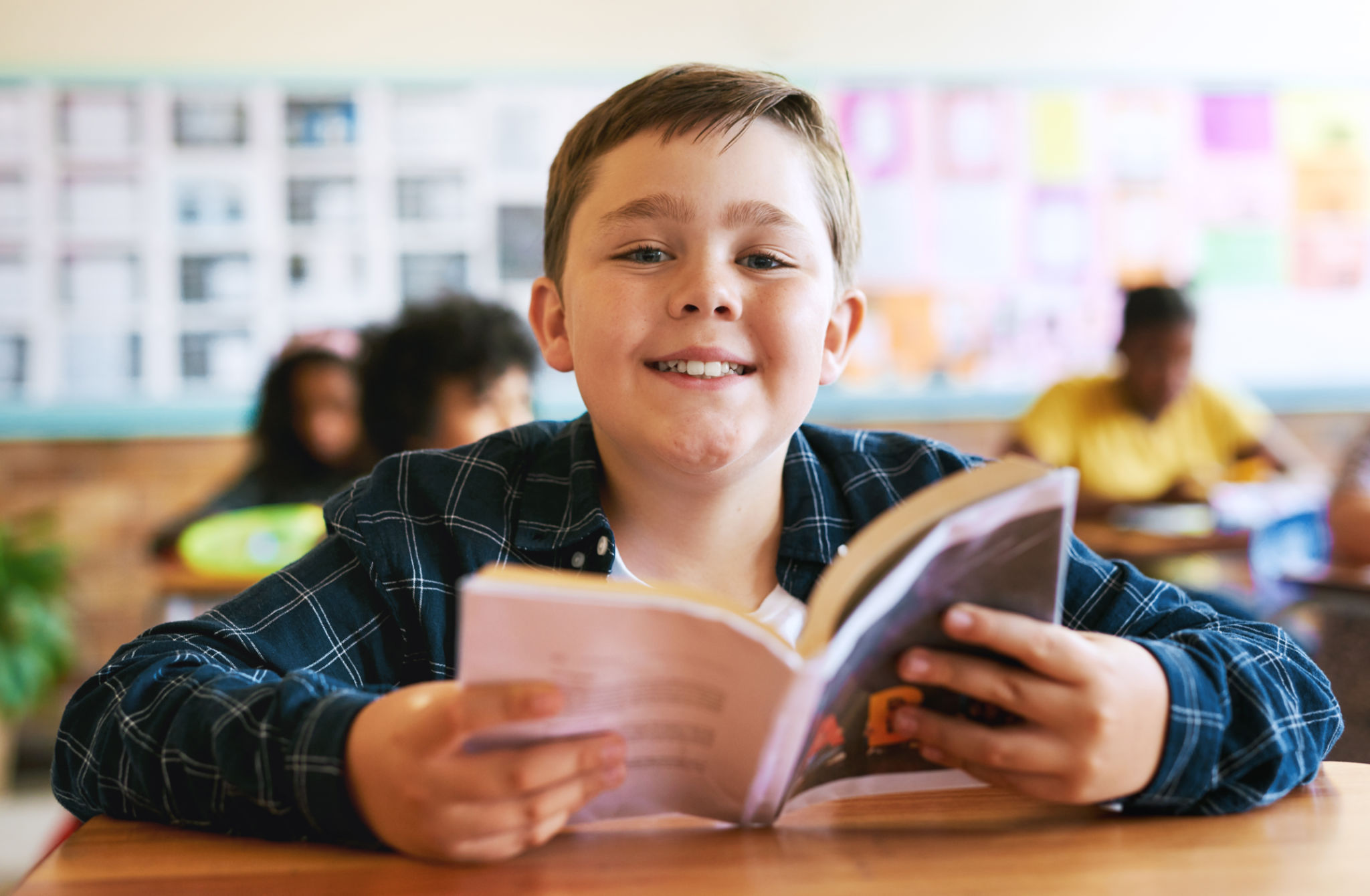Understanding an Orton-Gillingham Session: What to Expect
Introduction to Orton-Gillingham Sessions
The Orton-Gillingham approach is a well-established method for teaching individuals with dyslexia and other language-based learning differences. It's a structured, multisensory, and personalized way of learning that adapts to the unique needs of each student. If you're considering or have already committed to an Orton-Gillingham session, you might be curious about what to expect.
These sessions are typically one-on-one, designed to provide focused attention and tailored instruction. The goal is to build a strong foundation in reading, writing, and spelling skills by engaging multiple senses simultaneously.

The Structure of a Session
An Orton-Gillingham session often begins with a review of previously learned concepts. This serves as a warm-up and helps reinforce past lessons. The instructor will then introduce new material, which might include phonics, vocabulary, or reading comprehension strategies.
Each session is highly interactive and involves a variety of activities. Students might engage in auditory exercises, such as listening and repeating sounds, or visual tasks like matching letters and words. Tactile activities are also common, allowing students to trace letters in sand or use their fingers to form words.

Personalized Learning Plans
One of the most significant benefits of the Orton-Gillingham approach is its personalization. Instructors assess each student's abilities and challenges to create a customized lesson plan. This ensures that the pace and content of the sessions align with the student’s unique learning profile.
Regular assessments allow instructors to adjust the learning plan as needed, ensuring continuous progress and addressing any areas of difficulty promptly.
Engaging Multisensory Techniques
The multisensory component is integral to the Orton-Gillingham approach. Engaging multiple senses simultaneously helps reinforce learning and aids memory retention. Students might use colored markers, letter tiles, or textured surfaces to create a more dynamic and memorable learning experience.

Instructors often incorporate games and storytelling to make the sessions fun and engaging. This not only enhances learning but also helps build confidence and motivation in students.
Building Confidence and Independence
As students progress through their Orton-Gillingham sessions, they gradually build confidence in their reading and writing abilities. The individualized attention allows them to overcome challenges at their own pace, fostering a sense of accomplishment.
Ultimately, the goal is to equip students with the skills and strategies they need to become independent learners. This empowerment extends beyond academics, boosting self-esteem in other areas of life as well.

The Role of Parents and Guardians
Parents and guardians play a crucial role in supporting their child's journey through Orton-Gillingham sessions. Instructors often provide guidance on how parents can reinforce lessons at home and encourage their child's progress.
Regular communication between instructors and parents ensures that everyone involved is aligned in supporting the student's learning journey. This collaborative approach can significantly enhance the effectiveness of the program.
Conclusion
Understanding what to expect in an Orton-Gillingham session can help alleviate concerns and set realistic expectations for both students and parents. With its personalized, multisensory approach, this method offers an effective pathway for individuals with dyslexia to achieve literacy success.
By focusing on individual strengths and addressing specific challenges, Orton-Gillingham sessions create a supportive environment where students can grow academically and personally. If you're considering this approach, rest assured that it offers a comprehensive framework designed to unlock each student's potential.
